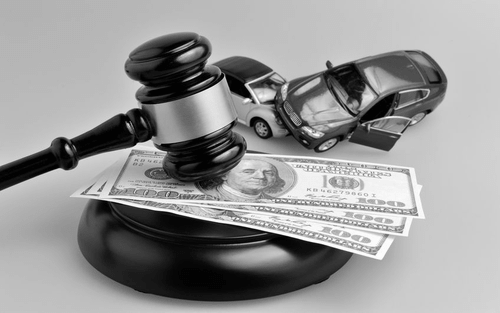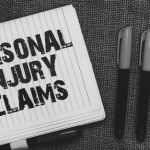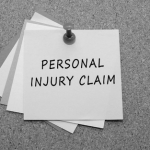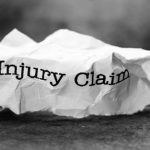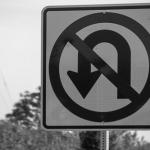If you have been injured by a drunk driver, you might be able to get damages to punish or deter the defendant in addition to getting compensatory damages (economic or non-economic damages). In a prior blog article, we briefly discussed the difference between economic and non-economic damages. You can read about that here.
Exemplary (Punitive) Damages
Exemplary damages (also called punitive damages) are different than compensatory damages, which are used to compensate or “payback” someone who was injured. In North Dakota, exemplary damages may be awarded when the defendant has been found guilty by clear and convincing evidence of oppression, fraud, or actual malice. According to the North Dakota Jury Instruction C-1.41, “clear and convincing evidence means that the evidence leads you to a firm belief or conviction that the allegations are true.”
While compensatory damages are given to “make someone whole” again, exemplary damages are given for the sake of making an example and by way of punishing the defendant, which is why they are only given under certain circumstances. There are also limitations on the amount of exemplary damages that can be awarded, which will be discussed in a future blog article.
Exemplary Damages In Motor Vehicle Collisions
If you were injured in a motor vehicle collision by a driver who was under the influence of drugs or alcohol, you can make a motion to the court to allow for exemplary damages. The court would consider all the evidence presented, and make a determination on whether the plaintiff can claim exemplary damages as a matter of law.
If, however, you were injured by a driver who was under the influence of drugs or alcohol, and the driver had a prior conviction of driving under the influence of drugs or alcohol within 5 years prior to the collision, North Dakota law allows the trier of fact (judge in a bench trial or jury in a jury trial) to consider an award of exemplary damages. North Dakota Century Code section 32-03.2-11(9) states:
In a civil action involving a motor vehicle accident resulting in bodily injury, it is sufficient for the trier of fact to consider an award of exemplary damages against the driver under the motion procedures provided in subsection 1 if clear and convincing evidence indicates that the accident was caused by a driver who, within the five years immediately preceding the accident has been convicted for violation of section 39-08-01 (statute prohibiting persons operating a vehicle under the influence of intoxicating liquor or any other drugs or substances) and who was operating or in physical control of a motor vehicle:
- With an alcohol concentration of at least eight one-hundredths of one percent by weight;
- Under the influence of a controlled substance unless a drug that predominantly caused impairment was used only as directed or cautioned by a practitioner who legally prescribed or dispensed the drug to the driver;
- Under the influence of alcohol and refused to take a test required under chapter 39-20; or
- Under the influence of a volatile chemical as listed in section 19-03.1-22.1.
Conclusion
Exemplary damages are complicated, have multiple exceptions and limitations, and are only awarded under limited circumstances. Because of this, it is important to speak with an attorney right away to see what your options are.
If you have been injured and are looking to consult with an attorney, please give the Personal Injury Team a call at 701-297-2890 or send us an email via the contact form below. All consultations are free of charge, and any case for personal injury is on a contingency fee basis only, meaning we only recover fees if we are able to get you compensation for your harms and losses.
The information contained in this article and on this website is for informational purposes only and not for the purpose of providing legal advice. Each personal injury case is different, and this article only summarizes very technical laws. You should contact an attorney to obtain advice with respect to your particular case.


